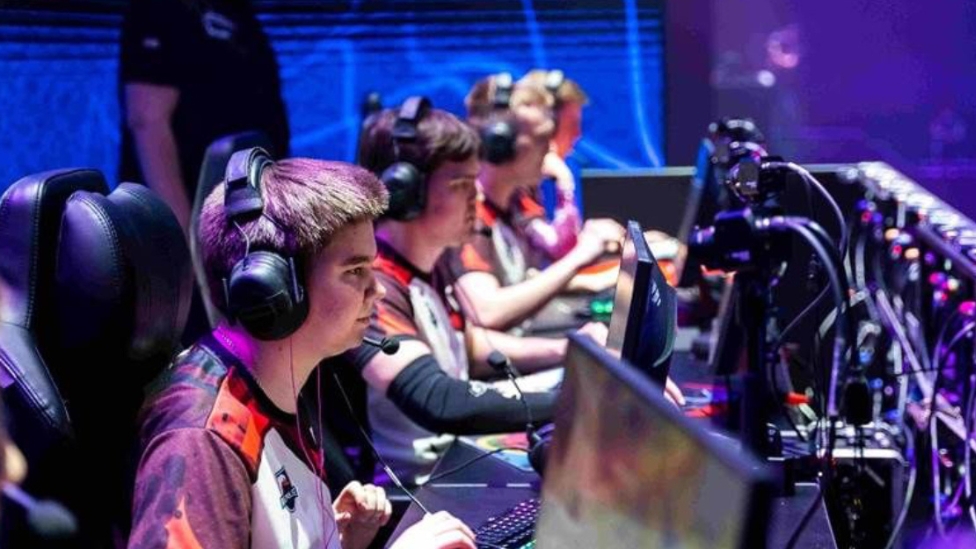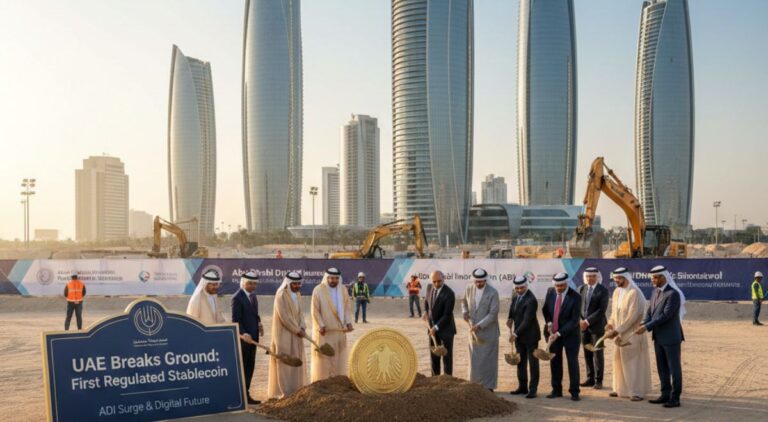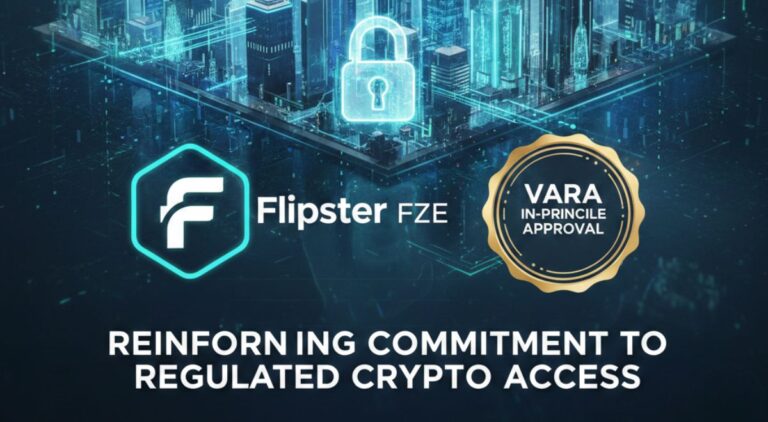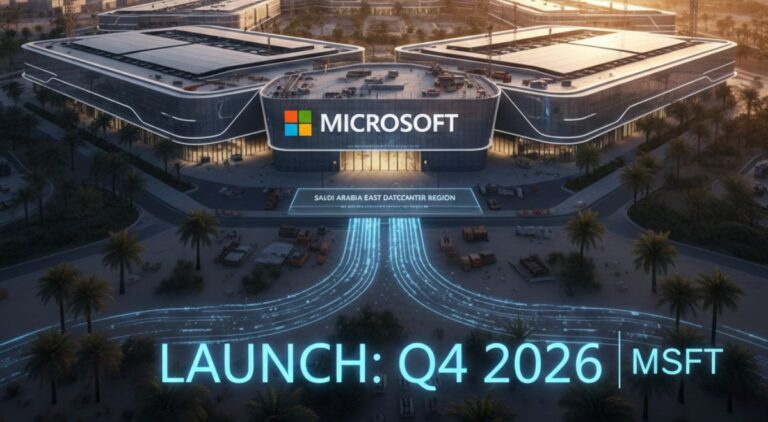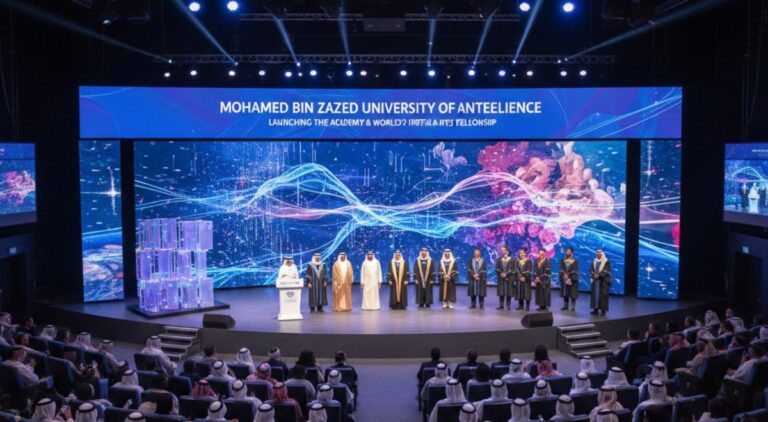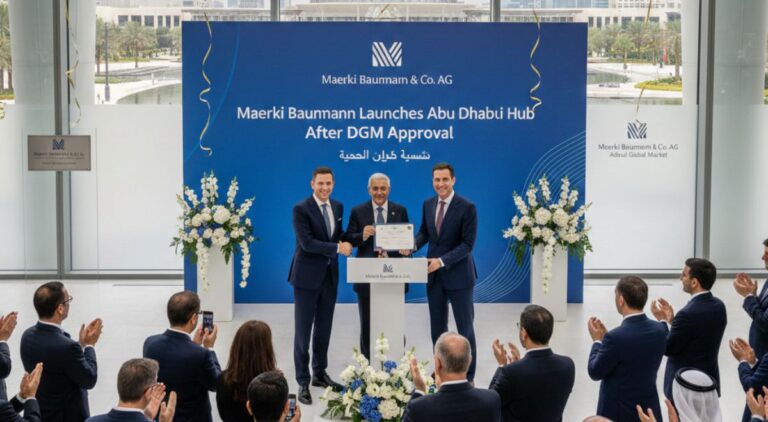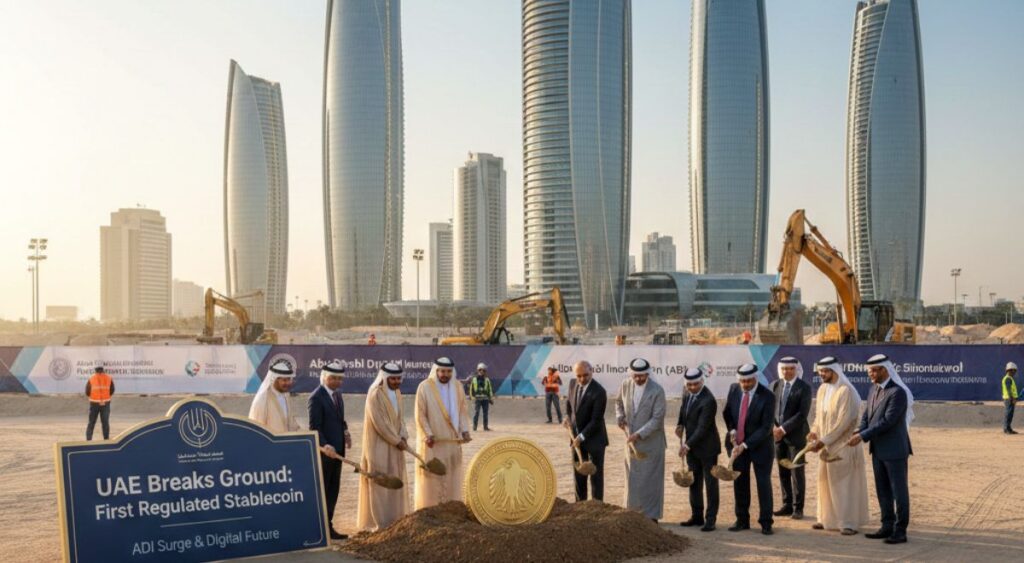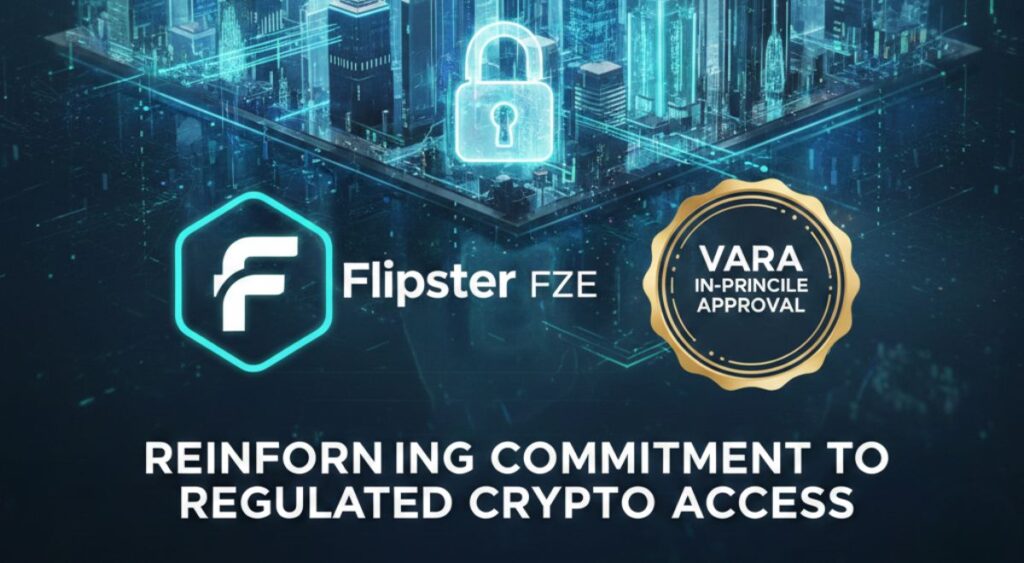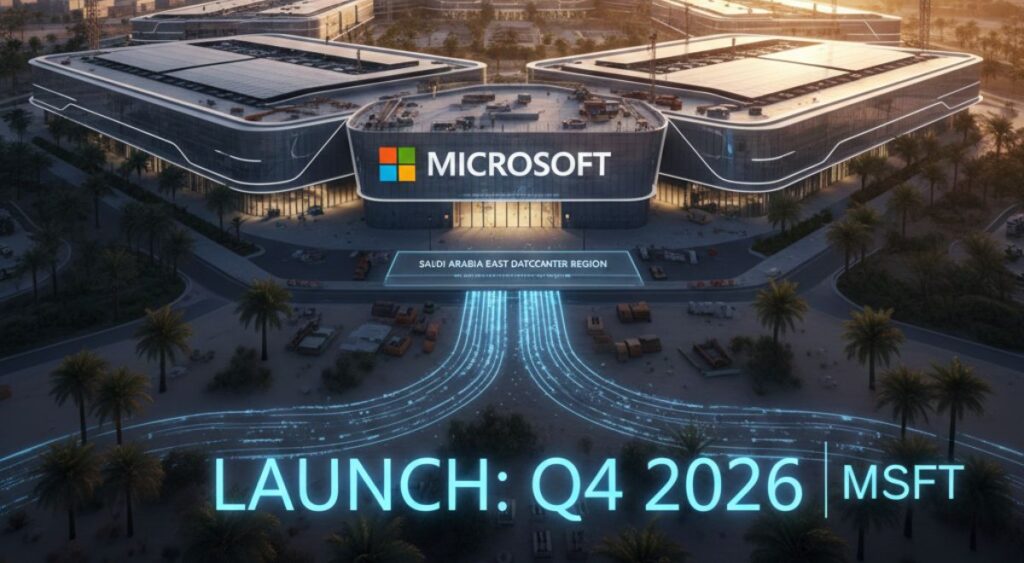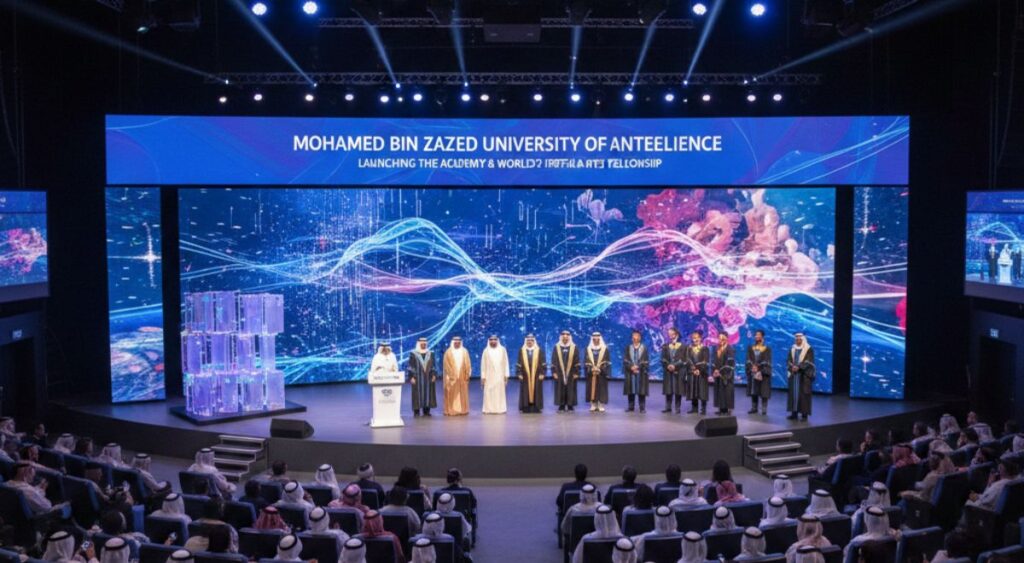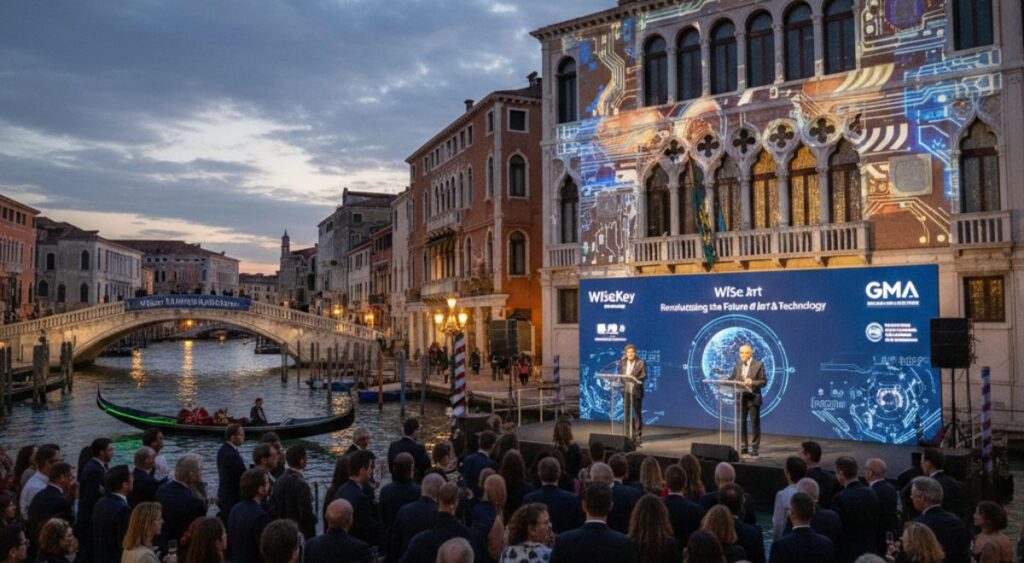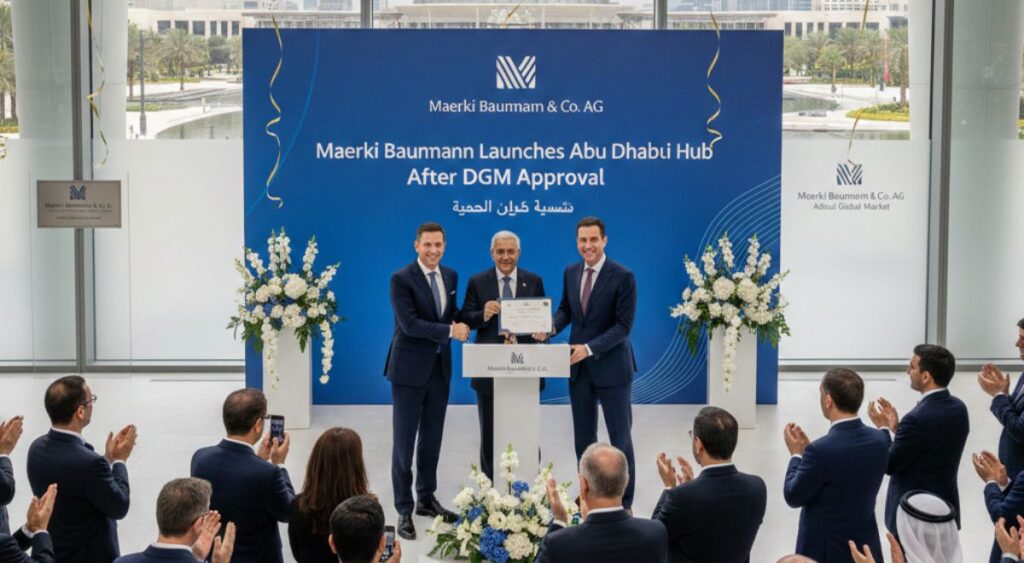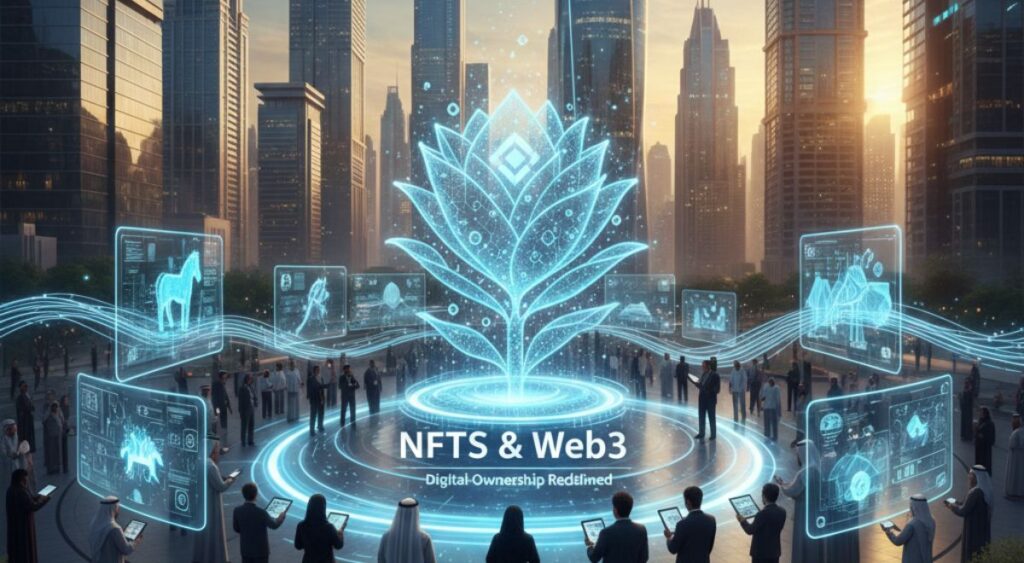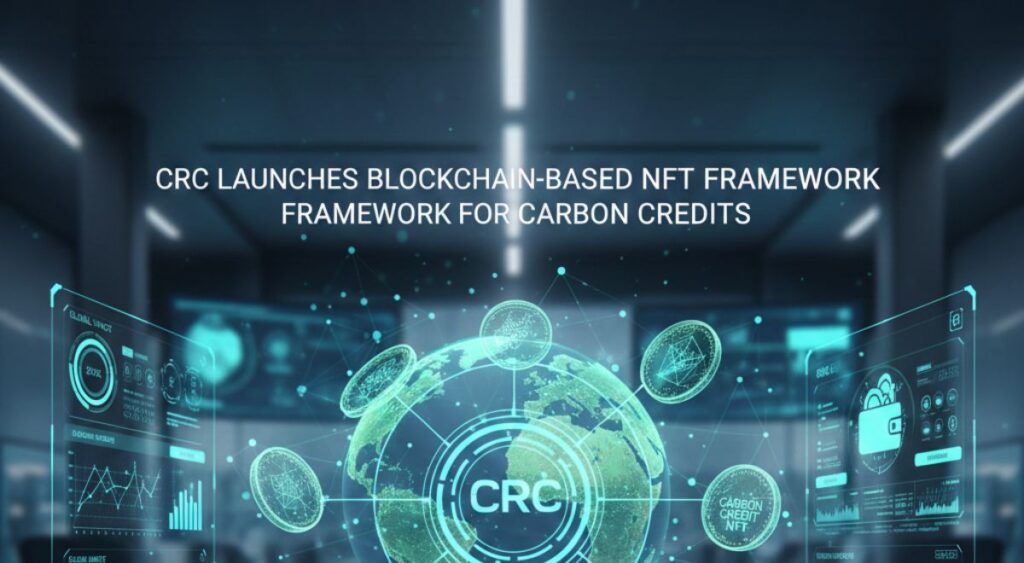Written by Senior Vice President of Web3 Business Development Lee Jacobson, Xsolla
Blockchain and Web3 technologies are changing the terms of engagement in the gaming business, causing a radical transformation. This is a once-in-a-lifetime chance for Middle Eastern game makers to go from being followers to leaders in this worldwide movement. But reaching this objective calls for overcoming certain obstacles and embracing cultural and technological innovation.
Recognising Web3’s Promise
Web3 signifies a new era of the internet where user empowerment, transparency, and decentralisation are key components. It is not just another tech fad. Thanks to blockchain technology, this translates into player-driven economies in the gaming industry, where gamers own and manage digital assets such as in-game money, skins, and collectibles.
The potential is huge for the Middle East. Young, tech-savvy people who love gaming and are becoming more interested in cryptocurrency are prevalent in the area. The Middle East is ideally situated for Web3 innovation due to the convergence of technology and demography.
Adoption Challenges for Web3
The Deficit in Technical Skills
Blockchain development need for knowledge that extends beyond game design. Although they are frequently missing in the area, expertise in tokenomics, smart contracts, and decentralised protocols is crucial. Even though cities like Dubai are becoming hotspots for blockchain innovation, many developers still face difficulties because they have little access to specialised training. To close this gap, teams must be upskilled in these areas.
Handling Regulatory Difficulties
From the UAE’s blockchain-friendly laws to other nations’ more stringent regulations, the Middle East’s regulatory environment is varied. For game producers wishing to integrate blockchain features like NFTs or bitcoin transactions, this patchwork of restrictions presents difficulties.
Xsolla ZK is one of the innovative ways that developers can use to solve compliance difficulties. Xsolla ZK facilitates blockchain integration while preserving security and regulatory compliance in many industries by utilising zero-knowledge proof technology. Sustainable growth depends on finding the ideal balance between innovation and compliance.
Teaching Gamers About the Advantages of Blockchain
Player education is one of the biggest obstacles to Web3 adoption. The potential of blockchain technology to improve gaming experiences is yet unknown to many players, both in the Middle East and beyond. In order to make ideas like digital asset ownership and decentralised economies understandable and desirable to players, developers must demystify them.
Beyond Video Games: Wider Economic Consequences
The Middle East, a region historically dependent on oil earnings, may benefit from economic diversification through the adoption of Web3 gaming. A flourishing gaming industry may establish the Middle East as a leader in the tech sector, provide jobs, and draw in foreign investment.
For example, a $38 billion gaming fund run by Savvy Games Group supports the Saudi Arabian Vision 2030 project, which identifies gaming as a major area for growth. In a similar vein, other countries in the area can learn from the UAE’s proactive blockchain initiatives. Middle Eastern game creators can stand out from the competition and obtain a competitive advantage in the worldwide market by adopting Web3.
Techniques for a Smooth Web3 Transition
Making education and upskilling a priority
To acquire the requisite technical abilities, developers should fund training initiatives and team up with blockchain specialists. Initiatives that promote talent development can also be funded by the corporate sector and regional governments.
Promoting Cooperation and Creativity
Middle Eastern creators may be able to access resources and expertise through collaborations with foreign studios, tech firms, and blockchain groups. Working together can improve the gaming ecology in the area and hasten the adoption of Web3.
Accepting Cultural Genuineness
Games that draw inspiration from the Middle East’s rich cultural legacy could be successful in the global marketplace. To produce distinctive gaming experiences that appeal both domestically and globally, developers should take advantage of cultural authenticity.
The Path Ahead: Developing Gaming’s Future
Web3 gaming is a rewarding yet challenging endeavour. Developers in the Middle East have a special chance to advance by adopting this technology revolution. The region has the potential to establish itself as a global leader in blockchain gaming by emphasising innovation, education, and cultural authenticity.
More than just a technological advancement, Web3 is a paradigm shift that gives both creators and gamers more authority. This upheaval presents an opportunity for the Middle East to reshape the gaming sector and influence entertainment for future generations.

